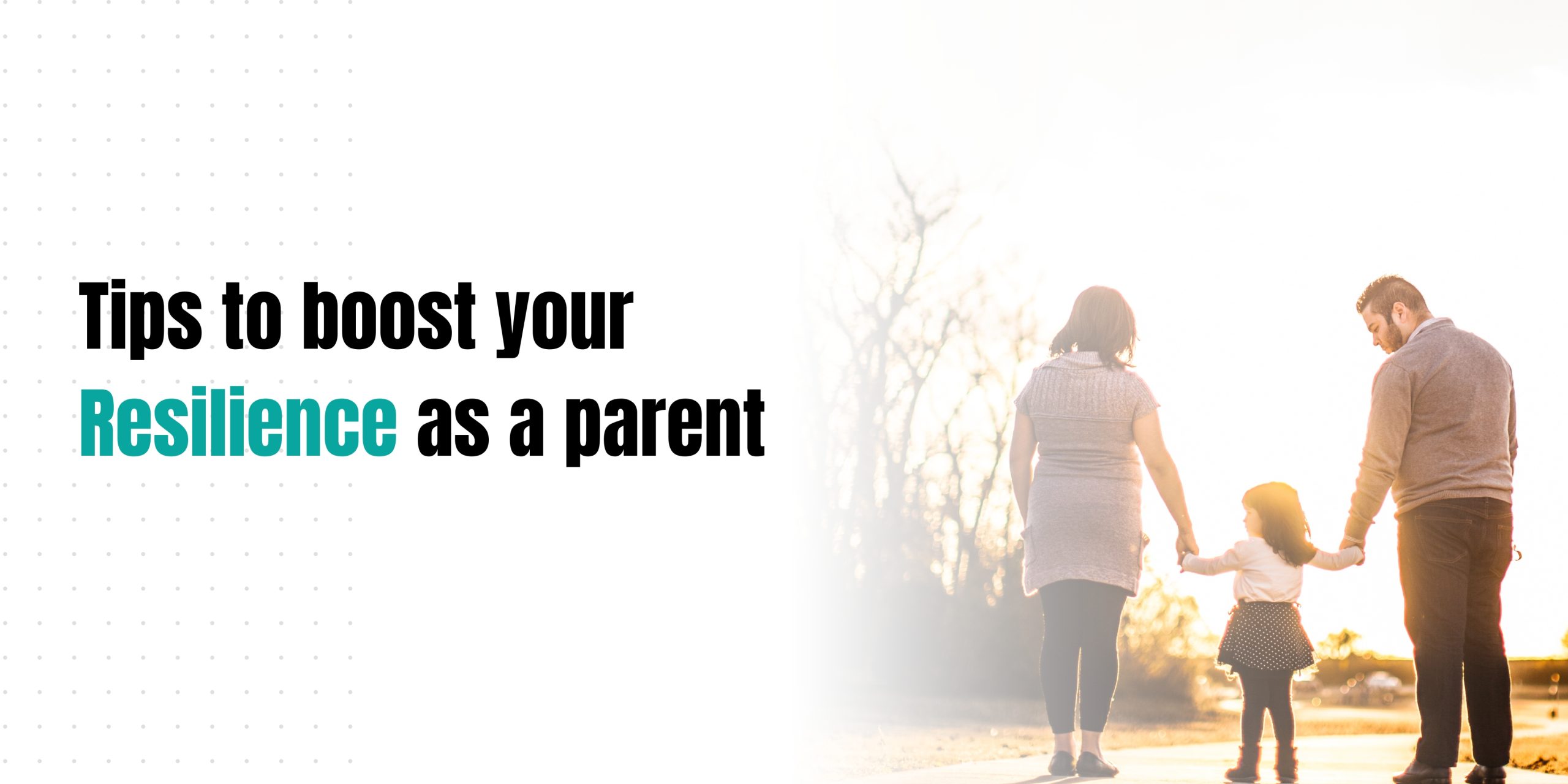
Tips to Boost Your Resilience as a Parent
Being a parent is one of the most fulfilling experiences in life, but it cannot be easy. Every stage has its own set of challenges, from restless nights with babies to navigating the stormy waves of teenage emotions. Being a resilient parent means not just surviving these difficulties but also successfully living despite them.
Today, we will see a few ways you can boost your resilience as a parent.
How can you boost your resilience as a parent?
A lot of emphasis is placed on the value of helping kids develop resilience, and just because you're an adult doesn't imply resilience is any less important. Being a parent will undoubtedly present you with a variety of problems at various points in time.
The capacity to handle these highs and lows and move on positively is the ultimate life skill. The following are a few tips that can help you boost your resilience.
❖ Practise Self-Compassion
- Being a parent can sometimes seem like an unrewarding job with no praise. It's significant to be gentle and sympathetic with yourself, particularly in situations where things don't go your way.
- Being kind to oneself when things get tough and acknowledging that you're trying your hardest are components of self-compassion.
- By lowering self-criticism and raising emotional resilience, this mentality change can dramatically improve your resilience.
❖ Cultivate a Strong Network
- The development of a solid family network is also important. A strong feeling of identity can significantly influence resilience in the face of trouble and belonging inside the family.
- Making connections with people boosts resilience and offers social support. By assisting others, children who might otherwise feel powerless can gain confidence. Get your kids involved in volunteer work that is appropriate for their age, or ask for help yourself when they are able to complete duties.
❖ Prioritize Self-Care
- Parents who prioritize self-care can lower stress and enhance their physical and mental health. Keep the strength and stamina necessary to be the best versions of themselves for their children.
- Don't be afraid to make self-care a top priority and incorporate it into your daily schedule.
- You can better care for your children when you take care of yourself.
- Furthermore, taking care of yourself demonstrates to your children how to practice self-care while also reinforcing its value.
❖ Set Realist Goals
- Frustration and disappointment can result from having unrealistic expectations. Recognize that being a parent is a journey with ups and downs and that it's acceptable to make errors.
- For both you and your children, set reasonable objectives and acknowledge little accomplishments.
- Adapt your expectations to the situation you find yourself in, and never forget that resilience requires flexibility. Help your youngster develop and achieve appropriate goals by guiding them step by step.
- Children who set objectives will be better able to concentrate on a particular task and develop the resilience needed to overcome obstacles.
❖ Focus on Positive Communication
- Parents can foster a positive and encouraging environment where effort and progress are prioritized over results by utilizing affirmative language.
- Children's confidence and self-esteem are increased by this method. It fosters a growth attitude by rewarding perseverance in situations where effort is appreciated.
- Unquestionably, one of the most important concepts in developing resilience is communication: the organizational will to endure. It identifies important areas of possible failure and promotes deeper and better knowledge. It needs to be continuous, widespread, and observational in order to be really successful.
❖ Learn from Challenges
- Dividing large issues into smaller, more manageable components is one way to solve them. This entails facing difficulties head-on rather than running away. It also entails taking them on head-on, piece by piece.
- Another option is to ask for advice and assistance from others. Every parenting obstacle offers a chance to improve.
- Consider setbacks as teaching moments rather than as failures. Consider the things that went wrong, the things you can do better the next time, and the parenting skills you've acquired.
- Adopting a growth mindset makes it possible for you to develop resilience in the face of difficulty and adjust to change.